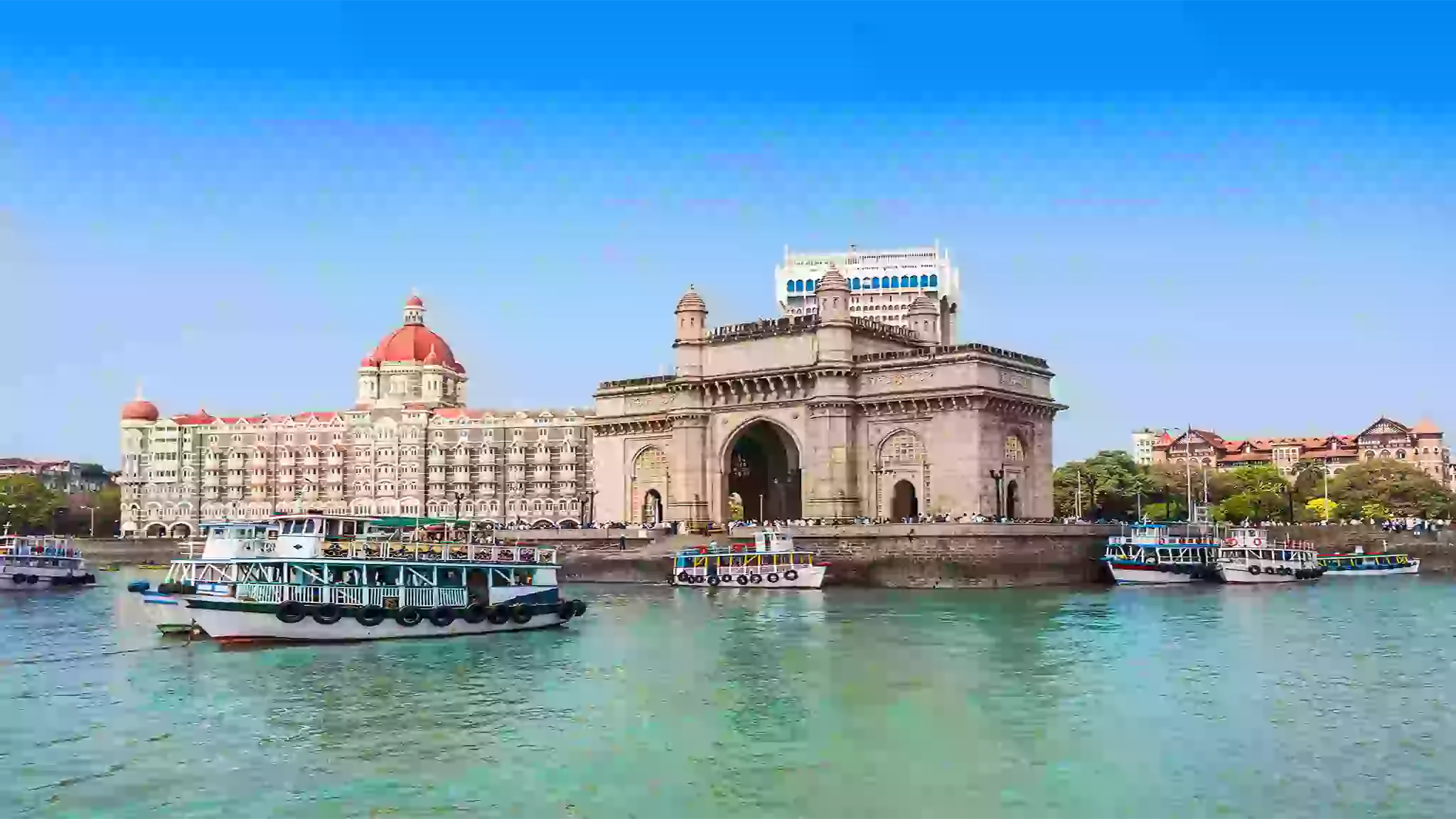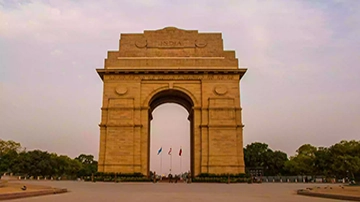For international patients [24*7]
For international patients [24*7]
Spine surgery in India
Traveling to India for neurosurgery made easy
- Get treated by world-class spine surgeons
- Benefit from the all-inclusive treatment packages
- Hassle-free appointments and complete guidance
- Make effective decisions by comparing alternatives
Spine surgery
Patients from various countries travel to India for spine surgeries due to various advantages such as lower costs, advanced technologies, and shorter waiting times. India offers various advanced spine treatments, including minimally invasive spine surgeries, spinal fusion, disc replacement, and scoliosis correction. We assist these patients in selecting the right spine surgeon, obtaining accurate cost estimates for surgery, facilitating prompt appointments, and providing information to make well-informed decisions regarding their medical travel. Whether it’s robotic-assisted spine surgery, laminectomy, or spinal cord stimulator implantation, we help patients explore their options and ensure a smooth and satisfactory experience during their spine surgery journey in India.
Common spine conditions
- Spinal stenosis – It is a degenerative condition where the spinal canal is narrowed, which in turn can put pressure on the spinal cord and nerves. This condition leads to leg pain, back pain, and numbness.
- Degenerative disc disease – It is a condition where gradual breakdown and degeneration of the intervertebral discs in the spine occurs. This condition leads to slow deterioration of the cushioning discs in the spine over time, leading to back or neck pain and reduced flexibility.
- Spinal deformities – These are abnormalities where the spine is not in its normal shape or alignment. This deformity could be chronic or develop over time due to various factors. This abnormality leads to stiffness, limited movement, and pain.
- Spinal fracture – It is an injury that results from trauma, factors that cause the bone in the spine to break or crack, osteoporosis, etc. It causes difficulty with movement, severe pain, potential nerve damage, etc.
- Spondylolisthesis – It is a disorder where one vertebra slips out of its normal position and lands over the vertebra below it. It occurs due to defects, degeneration, or fracture of spinal structures. This disorder leads to back pain, discomfort, and sometimes nerve-related symptoms.
- Spinal tumor – It is a condition where abnormal masses grow within the spinal cord, covering the layer or the bones of the spines. These tumors can be either benign (non-cancerous) or malignant (cancerous). This condition leads to neurological deficits, back or neck pain, weakness, numbness, bowel or bladder dysfunction, etc.


Common diagnostic tests
An orthopedic surgeon diagnoses the injury through a medical evaluation to confirm the need for joint replacement surgery.
- Medical history – To learn about previous injuries or to determine if the patient has previous spine surgeries or medical conditions like heart disease, chronic illness, allergies, etc.
- Physical examination– To assess for any signs of spinal abnormalities, such as swelling, inflammation, or limited range of motion in the spine
- Neurological examination – This examination helps to access muscle strength, reflexes, sensation, coordination, balance, etc
- Imaging tests – To determine the severity of the spinal injury, including the vertebrae, discs, and surrounding tissues, MRIs, X-rays, CT scans, and other imaging techniques are used.
Common spine surgeries
Our network hospitals in India offers various spine surgeries ranging from severe to minimal complexity.


Spinal fusion
Spinal fusion is a surgical intervention that involves connecting two or more vertebrae in the spine. This surgery helps to eliminate the mobility between the fused vertebrae, providing stability to the spine and alleviating pain resulting from spinal conditions.

Discectomy
A procedure involves surgically removing a portion or the entire damaged or herniated disc in the spine. The disc is a cushion-like structure between the vertebrae that can sometimes rupture or bulge, causing nerve compression, discomfort, and pain.

Laminectomy
It is a surgical procedure that involves removing a part of the vertebral bone called the lamina. It will be performed to relieve pressure on the spinal cord and nerves caused by conditions like herniated discs or spinal stenosis. It aims to improve overall spinal health.

Vertebroplasty and Kyphoplasty
It is a minimally invasive procedure that involves treating vertebral fractures in the spine, usually caused by osteoporosis or trauma. These procedures involve injecting a special medical-grade cement into the fractured vertebrae to stabilize them.

Spinal cord stimulator implantation
It is a spinal cord stimulator that involves the placement of a small device near the spinal cord stimulator (SCS) near the spinal cord to deliver mild electrical impulses to the nerves. This surgery disrupts the pain signals before they reach the brain, providing relief for chronic patients.

Artificial disc replacement
It is a surgical procedure that involves replacing a damaged or degenerated spinal disc with an artificial disc implant. It is preferred over the traditional method as it helps in the preservation of spinal motion and reduces the risk of adjacent segment degeneration.

Microdiscectomy
Also known as microdiscectomy, it is a minimally invasive surgical procedure that removes a small portion of the affected disc, relieves pressure on the stresses and compressed nerve, and reduces associated numbness, pain, weakness, etc.

Scoliosis correction
Scoliosis can result in significant spinal deformity, impaired posture, and potential complications related to organ compression or breathing difficulties. The surgical procedure is performed to correct abnormal sideways curvature of the scoliosis spine.

Advanced spine surgeries
Uniheal's partner hospital provides state-of-the-art techniques and cutting-edge expertise in spinal surgery. Patients can benefit from advanced procedures such as minimally invasive spinal surgery, computer-assisted spinal surgery, and robotic-assisted spinal surgery.
- Minimally Invasive Spine Surgery (MISS) – Compared to conventional open surgery, minimally invasive procedures use tiny incisions and specialized tools to minimize scarring and prevent tissue damage. Herniated discs, spinal stenosis, and spinal abnormalities are a few of the spinal diseases that could be treated with MISS.
- Robotic-Assisted Spine Surgery – An advanced technique that utilizes robotic systems to assist the surgery spine surgeons performs. This helps for better precision, visualization, and instrument control for improved safety and accuracy. This is highly recommended for spinal deformity corrections and reconstructions.
- Balloon kyphoplasty –Vertebral compression fractures resulting from osteoporosis or trauma are treated with balloon kyphoplasty. Initially, a cavity is made in the broken vertebrae using specialized balloons, and then bone cement is injected into the cavity to restore height and stability.
Post-spine surgery services
Uniheal provides top-notch services before spine surgery and aftercare services like concierge services, travel arrangements, follow-up care, etc.


24/7 support

Follow-up care

Concierge services

Travel arrangements
Meet the doctors
Know more about the orthopedic surgeons and specialists who bring top-notch expertise in various specialty areas. They are trained by top-tier medical institutions in India and abroad and are focused on evidence-driven, patient-centered, high-quality care.

In association with top spinal surgery accredited hospitals in India
Travel to top healthcare destinations
Uniheal Support
FAQs
Some common conditions for spine surgery are degenerative disc disease, spinal deformities, spinal fractures, spondylolisthesis, spinal tumor, etc.
Some of the common signs and symptoms that may indicate the need for spine surgery are as follows,
- Progressive neurological deficits
- Loss of bowel or bladder control
- Nerve-related symptoms
- Persistent or worsening back pain
- Structural abnormalities or deformities
Some common diagnostic tests are X-rays, Magnetic Resonance Imaging (MRI), Computed Tomography (CT) Scans, myelography, Electromyography (EMG), Nerve Conduction Studies (NCS), discography, bone density test, blood tests, etc.
Some common spine surgeries are Minimally Invasive Spine Surgery (MISS), robotic-assisted spine surgery, balloon kyphoplasty, spinal cord stimulator implantation, artificial disc replacement, microdiscectomy, scoliosis correction, discectomy, laminectomy, etc.
Powered by Uniheal HealthCare Private Limited. All rights reserved.




